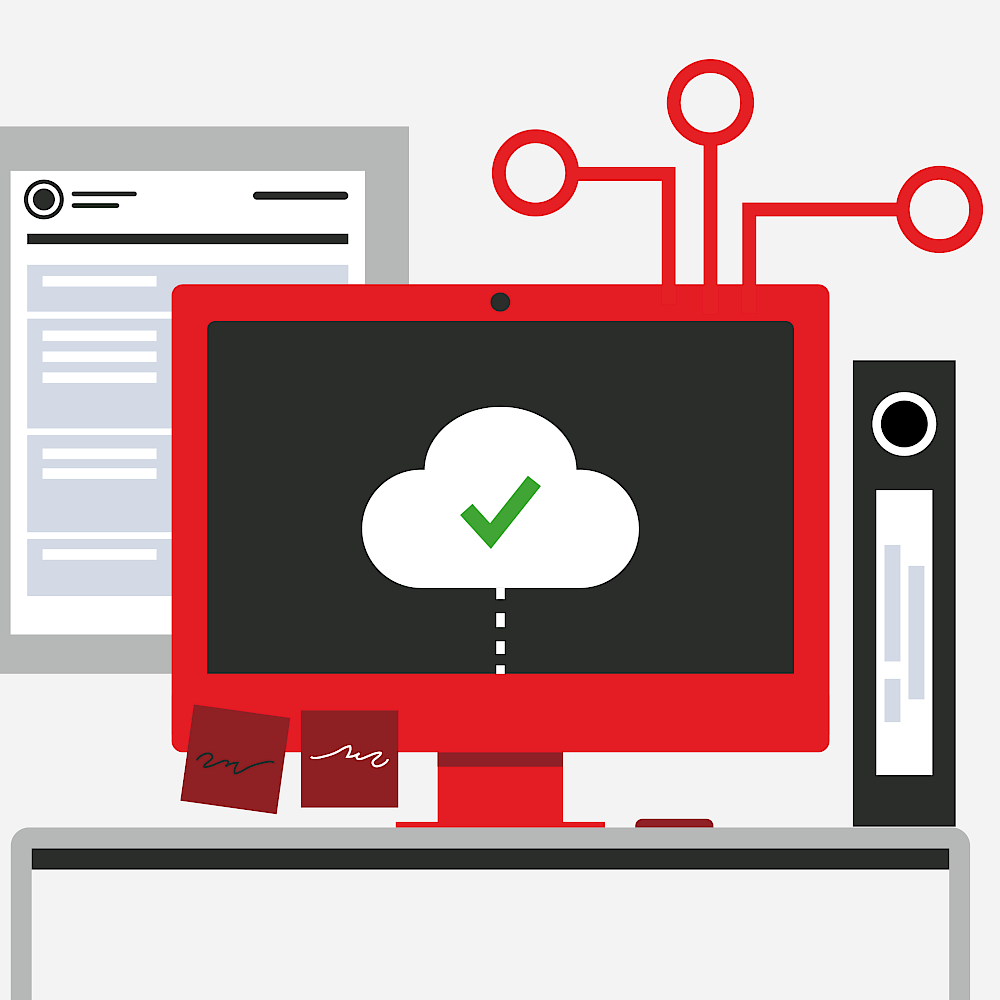Positively Taxing: Business Costs, Benefits & Burdens
3 September 2025 Reading time: 4 minutes

Tax rules never stand still — and neither does HMRC. From tighter checks on business expense claims to major reforms in Statutory Sick Pay, the months ahead bring a mix of compliance challenges and financial implications for employers and individuals alike. Add in fresh warnings on property transactions, new clawback rules for Winter Fuel Payments, and the growing risks of relying on AI in legal disputes, and the message is clear: accuracy and preparation matter more than ever.
In this month’s update, we break down the key changes and highlight what businesses and taxpayers need to know to stay compliant and avoid unnecessary costs.
HMRC Campaign Targets Accuracy in Private Use Adjustments
HMRC is launching a digital campaign to improve accuracy around private use adjustments in Self-Assessment returns.
To be tax-deductible, business expenses must be incurred “wholly and exclusively” for business purposes. Where there is private use—such as phone bills, vehicle costs, or utilities—claims must be restricted to the business element only.
A 2024 trial involving 600,000 taxpayers revealed widespread errors in this area, with many claiming the full expense rather than making an adjustment. HMRC has confirmed that more enquiries will follow.
What to do now:
- Review expense claims carefully and apportion mixed-use costs.
- Keep clear records to support your calculations.
- If in doubt, seek advice before submitting your return.
Statutory Sick Pay: Major Reforms from April 2026
Higher costs, wider access
From April 2026, Statutory Sick Pay (SSP) rules will change significantly:
- Payable from day one of absence (not day four).
- Removal of the £125 per week earnings threshold.
- For workers earning below £125 per week, SSP will be the lower of:
- 80% of their average weekly pay, or
- the standard SSP rate (£118.75 per week currently).
Unlike maternity and paternity pay, SSP costs cannot be reclaimed from HMRC—so the burden sits fully with employers.
What this means for your business:
- Forecast for higher payroll costs, especially if absence levels are high.
- Update payroll systems ahead of April 2026.
- Train managers to understand the new entitlement rules.
Dilapidated Property and SDLT Claims
HMRC warns on false repayment offers
HMRC has cautioned buyers against tax agents promising Stamp Duty Land Tax (SDLT) refunds on the basis that a property was uninhabitable or in poor repair when purchased.
A recent Court of Appeal case (Mudan v HMRC) reinforced that dilapidated residential property is still “residential” for SDLT purposes. The buyers, who had attempted to reclaim SDLT on this basis, lost—and were left liable for the original tax plus penalties and interest.
Takeaway: Properties needing work still fall under residential rates of SDLT. Be wary of repayment schemes that suggest otherwise.
Winter Fuel Payment Clawback
New recovery rules for higher earners
This winter (2025–26), individuals born before 22 September 1959 may be entitled to a Winter Fuel Payment (WFP) of £100–£300. Payments will be made in November or December.
However, where annual income exceeds £35,000, HMRC will recover the WFP:
- Employees: via PAYE in 2026–27, by adjusting tax codes (roughly £17 per month for a £200 WFP).
- Self-assessment taxpayers: via the 2025–26 return, with payment due by 31 January 2027.
Individuals can check recovery details via a new online tool or opt out of receiving the WFP before 15 September 2025 if they expect it to be clawed back.
VAT: Retailers and Third-Party Contractors
Supply or introduction?
HMRC continues to challenge retailers who sell goods (e.g. flooring, kitchens, bathrooms) and refer customers to independent contractors for fitting. HMRC’s position is often that the retailer is making a single supply of goods and services—bringing the fitting element into VAT scope.
In a recent case (United Carpets v HMRC), the Tribunal disagreed: clear in-store signage and separate contracts meant the fitting was not supplied by the retailer.
What to do now:
- Ensure contracts, signage, and payment flows show that fitting is between the customer and the contractor.
- Keep evidence that the retailer’s role is purely introductory.
Artificial Intelligence: A Word of Caution
AI-generated legal arguments fail in court
In a recent Upper Tribunal case (HMRC v Marc Gunnarsson), a taxpayer relied on AI-generated submissions in a dispute over Self-Employment Income Support Scheme (SEISS) claims. The argument cited three Tribunal cases that turned out to be fabricated by the AI tool.
The outcome: the taxpayer’s claim failed, and he was ordered to repay the SEISS grants.
While AI tools can assist, they may produce inaccurate or fictitious results. Always verify legal or tax advice with a qualified professional before relying on it.
Diary of Main Tax Events
September / October 2025
|
Date |
What’s Due |
|
1 September |
Corporation Tax for year to 30/11/2024, unless quarterly instalments apply |
|
19 September |
PAYE & NIC deductions, and CIS return and tax, for month to 05/09/2025 (22/09 if electronic) |
|
1 October |
Corporation Tax for year to 31/12/2024, unless quarterly instalments apply |
|
5 October |
Deadline to notify HMRC of chargeability if not in Self-Assessment (2024/25) |
|
19 October |
PAYE & NIC deductions, and CIS return and tax, for month to 05/10/2025 (22/10 if electronic) |
Final thoughts
Across tax compliance, payroll reform, and property transactions, the message is consistent: HMRC scrutiny is rising, and errors are more likely to be challenged. At the same time, new rules—from SSP reforms to WFP clawbacks—mean employers and individuals alike need to plan ahead.
By tightening record-keeping, reviewing contracts, and preparing payroll systems early, businesses can avoid unnecessary costs and stay compliant.




